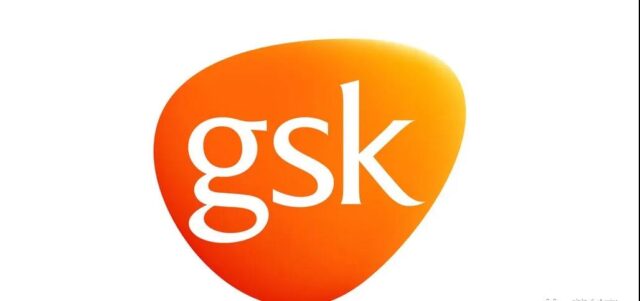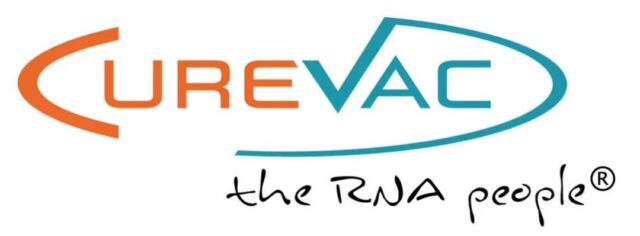Second-generation mRNA COVID-19 candidate vaccine on the way
- Normal Liver Cells Found to Promote Cancer Metastasis to the Liver
- Nearly 80% Complete Remission: Breakthrough in ADC Anti-Tumor Treatment
- Vaccination Against Common Diseases May Prevent Dementia!
- New Alzheimer’s Disease (AD) Diagnosis and Staging Criteria
- Breakthrough in Alzheimer’s Disease: New Nasal Spray Halts Cognitive Decline by Targeting Toxic Protein
- Can the Tap Water at the Paris Olympics be Drunk Directly?
Second-generation mRNA COVID-19 candidate vaccine on the way
- Israel new drug for COVID-19: EXO-CD24 can reduce deaths by 50%
- COVID-19 vaccines for children under 12 will be available soon
- Breakthrough infection of Delta: No difference from regular COVID-19 cases
- French research: ADE occurred in Delta variant and many doubts on it
- The viral load of Delta variant is 1260 times the original COVID-19 strain
Second-generation mRNA COVID-19 candidate vaccine on the way. The second-generation mRNA COVID-19 candidate vaccine jointly developed by CureVac and GSK showed stronger immune response and protection in preclinical studies.
Recently, GlaxoSmithKline and the biopharmaceutical company CureVac NV have jointly released preclinical research data on the first-generation vaccine candidate CVnCoV and the second-generation candidate vaccine CV2CoV, that is, the two vaccines fight the new coronavirus in non-human primates. The resulting immune response and protective efficacy.

The study was completed by Beth Israel Deaconess Medical Center and Harvard Medical School, and evaluated rhesus monkeys vaccinated with 12 microgram doses of the first or second generation vaccine candidates.
Compared with CVnCoV, CV2CoV can better stimulate the innate immune response and adaptive immune response, resulting in faster immune response, higher antibody titer, and stronger activation effect of memory B cells and T cells.
For all selected variants (including beta, delta and lambda variants), CV2CoV has better antibody neutralization ability. In the challenge test using the original novel coronavirus, it was found that animals vaccinated with CV2CoV were better protected, and their lungs and nasal cavity had more efficient virus clearance. The complete content of this research is available on the preprint platform bioRxiv.

Chief Scientific Officer of CureVac
Dr. Igor Splawski stated:
In this animal model, we see that CV2CoV can induce a wide range of antibody and cellular immune responses, which is highly similar to the range of immune responses observed after infection with the new coronavirus.
Existing studies have shown that the immune response generated by the second-generation vaccine candidate and the resulting protective effect have been significantly improved in non-human primates. This vaccine is developed based on our mRNA technology and optimized for the original novel coronavirus and variants of Beta, Delta and Lambda.
Chief Scientist of GlaxoSmithKline
Dr. Rino Rappuoli, Head of Vaccine R&D Department:
mRNA technology is our strategic focus, and the multiple mRNA projects in cooperation with CureVac are also our focus of investment. In the research results announced this time, the second-generation mRNA candidate vaccines have shown strong immune responses and protective effects in preclinical studies. This is very encouraging and is an important milestone in the vaccine development process.
In this study, rhesus monkeys were vaccinated with 12 microgram doses of CVnCoV and CV2CoV vaccines on day 0 and day 28, and the induced innate immunity was studied by specific cytokine markers based on the specificity of the receptor binding domain. Antibodies and neutralizing antibodies, as well as memory B cells and T cells, evaluate the adaptive immune response. In addition, the study also tested the effects of Alpha, Beta, Delta, Kappa, and Lambda variants on neutralizing antibody titers, and studied the effects of vaccines on the virus in the lungs and nasal cavity of animals through infection with the original new coronavirus. The clearing effect.
CureVac and GlaxoSmithKline officially established a strategic partnership in the field of mRNA technology in July 2020. Based on CureVac’s second-generation RNA technology, new products are developed for different needs in the field of infectious diseases. In February 2021, the partnership between the two companies extended to the research and development of the COVID-19 vaccine. In this cooperation, the optimized mRNA vaccine is expected to be multivalent or combined to achieve a vaccine to deal with multiple new variants. After the current preclinical study of CV2CoV is completed, the Phase I clinical trial is expected to start in the fourth quarter of 2021.
(source:internet, reference only)
Disclaimer of medicaltrend.org
Important Note: The information provided is for informational purposes only and should not be considered as medical advice.



